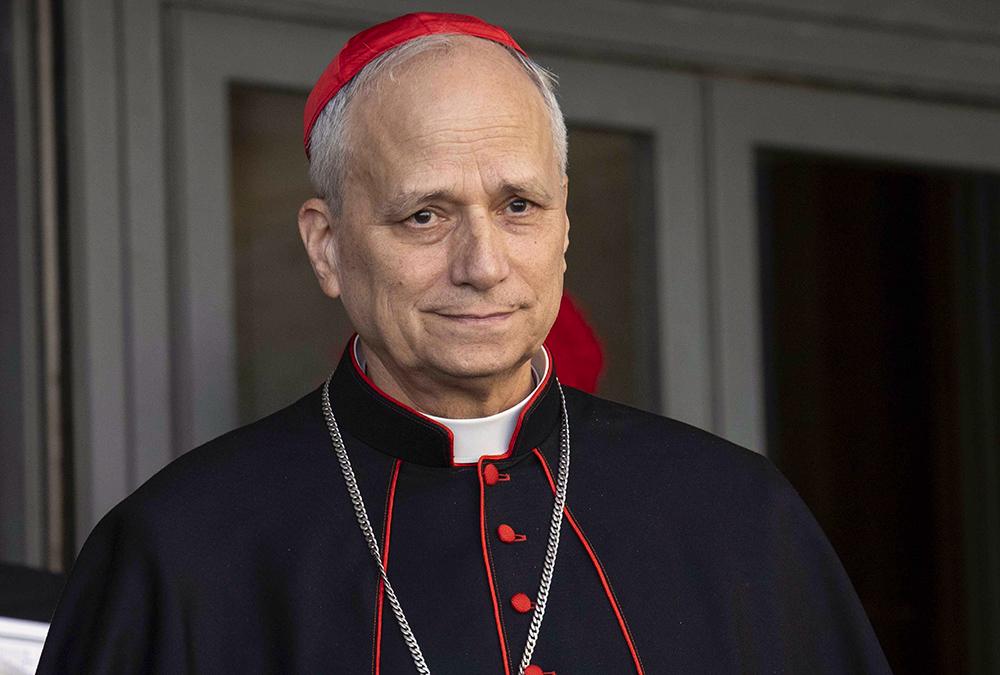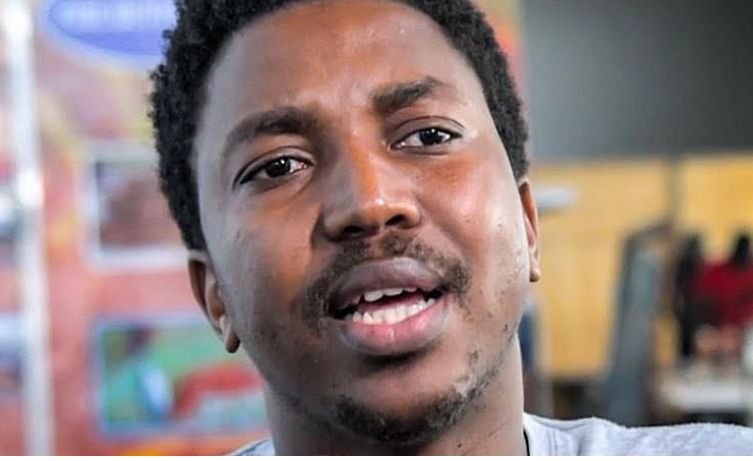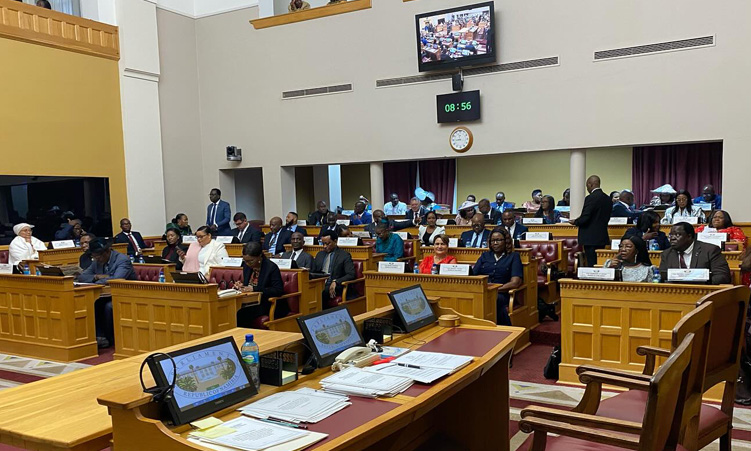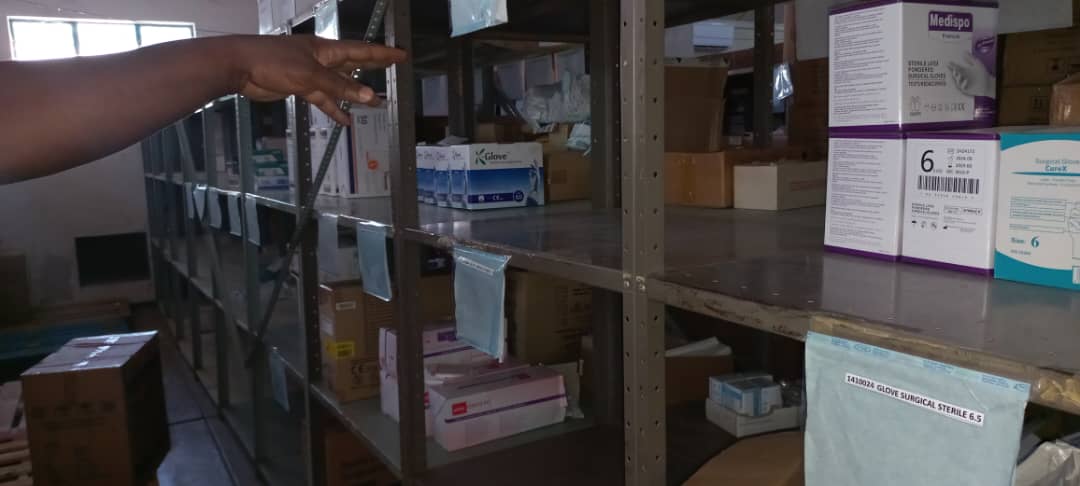INADEQUATE access to power is the single largest stumbling block in Africa’s economic development, with the cost of blackouts easily rising between one to two per cent of gross domestic product (GDP), the World Bank said yesterday.
Launching the report ‘Africa’s Infrastructure: A Time for Transformation’ in Midrand, Johannesburg, co-editor Vivien Foster warned that the continent’s infrastructure lags well behind the rest of the developing world, and that the gap is increasingly widening.Africa needs US$93 billion a year to catch up, drastically up from the US$39 billion the Commission for Africa estimated in 2005. About 40 per cent of this is to fix Africa’s power deficit, Foster said.Currently Africa generates about 1 000 megawatts of power a year. It needs 7 000 megawatts a year more, Foster said.At the present rate of electrification, most African countries will fail to reach universal access to electricity even by 2050, the report shows.Infrastructure on the continent generate only a fraction of the power found elsewhere in the developing world. The 48 countries in sub-Saharan Africa, home to 800 million people, generate roughly the same power as Spain with its 45 million people, Foster said.According to the report, power consumption, at 124 kilowatt-hours per capita annually and falling, is only ten per cent of what is found elsewhere in the developing world.'(This is) barely enough to power one 100-watt light bulb per person for three hours a day,’ Foster said.’What development can you do with so little power?’ she asked.More than 30 African countries experience power shortages and regular interruptions to services.’Africa’s firms report losing five per cent of their sales because of frequent power outages – a figure that rises to 20 per cent for informal firms unable to afford backup generation. Overall, the economic costs of power outages can easily rise to one to two per cent of GDP,’ Foster continued.There are various underlying causes for these blackouts, according to the World Bank.In some cases Africa has simply failed to bring on new capacity to keep pace with the demands of economic growth, while in fragile states, conflicts have destroyed power infrastructure. Droughts have reduced hydropower in East Africa, while oil price hikes made diesel imports virtually unaffordable for many West African countries, the World Bank said.’A common response to the crisis is to tender short-term leases for emergency power,’ According to their report, at least 750 megawatts of emergency generation are currently operating in Sub-Saharan Africa. For some countries, this means a large part of their national installed capacity.Emergency generation is expensive, though. According to the World Bank, it costs between US$0,20 and US$0,30 per kilowatt-hour, while for some countries, the price tag can be as high as four per cent of GDP.’Paying for emergency leases absorbs significant budgetary resources, reducing the funds for longer-term solutions,’ the World Bank said.Regional power trade can reduce costs dramatically, the global financier said. For this, 22 000 megawatt of cross-border transmission lines need to be laid.This could save Africa US$2,2 billion in energy costs a year, the report found.Another major problem plaguing the power sector in Africa is the ‘very high’ inefficiency in distribution losses, under-collection of revenues and overstaffing, the World Bank said.’Utilities typically collect only 70 to 90 per cent of billed revenues, and distribution losses van easily be twice the technical best practice.’The report states that about 40 per cent of those connected to utility services do not appear to be paying for them, a share that rises to 65 per cent for a significant minority of countries.’Reducing the operational inefficiencies of power utilities through institutional reforms would save US$3,3 billion a year,’ the World Bank said.Furthermore, ‘reforming poorly-designed power sector subsidies, that today are largely failing to reach the poor, would capture a further US$2,2 billion a year that could be used for power infrastructure development’.’This report shows that investing more funds without tackling inefficiencies would be like pouring water into a leaking bucket.’Africa can plug those leaks through reforms and policy improvements which will serve as a signal to investors that Africa is ready for business,’ World Bank Vice President for Africa, Obiageli Ezekwesili, said.
Stay informed with The Namibian – your source for credible journalism. Get in-depth reporting and opinions for
only N$85 a month. Invest in journalism, invest in democracy –
Subscribe Now!










